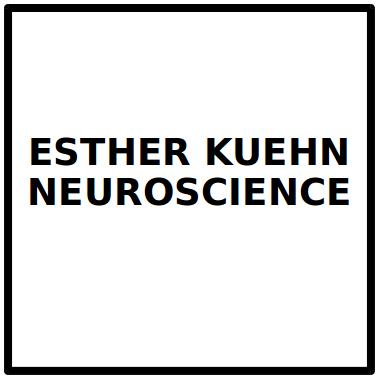Workshops
Workshop 1: Ultra-high field image processing using Nighres
Date and time: May 7, 9am - 12 noon (MEZ)
Speaker: Dr. Pierre-Louis Bazin
In this 3 hour workshop, I will provide an overview over Nighres to perform brain parcellation, denoising, cortical reconstruction (including the cerebellum), and qMRI estimation on ultra-high field imaging data.
- I will start by giving a formal introduction presentation of the toolbox, from its general architecture to its many components (45 min, ZOOM).
- 15 min break on Gather.
- I will give an overview of the software installation and discuss some of the common issues, including problems encountered by the audience (15 min, ZOOM).
- We will then proceed to a step-by-step walk through the main Nighres tools and pipelines (45 min, ZOOM).
- Finally we will move to Gather to discuss challenges and opportunities of high-resolution neuroimaging, including but not limited to layer (f)MRI (60 min, Gather).
Please prepare the following:
- If you want to benefit most from the software installation session 3), please install the Nighres toolbox, see https://nighres.readthedocs.io/en/latest/installation.html and install from Github, not PyPI. The installation comes with a series of examples that you can try and run on your own prior to the workshop. If you encounter problems or get stuck, keep a record of what you did and information about your OS, python installation so we can try and solve them during the session, if time permits.
- In order to get the full experience of the workshop, Dr. Pierre-Louis Bazin has made a virtual machine installation guide (download below) and a low resolution example data set (link: https://surfdrive.surf.nl/files/index.php/s/wvneKOBRqKrfIRz ). The data is still about 300MB in total, but the images have been downsampled so that we can run some modules in real time during the workshop. Installing Nighres via the virtual machine is not mandatory, but may be helpful for people without linux computers.
| software-setup-virtual-machine.pdf |
Workshop 2: Hands-on discussion of acquisition and analysis challenges in layer-fMRI
Date and time: May 7, 2pm - 5pm (MEZ)
Speaker: Dr. Laurentius Huber
In this 3 hour workshop, I will try to give a hands-on experience of every step along the entire acquisition and analysis pipeline of layer-fMRI.
Follow us on twitter here.
If you have questions on the workshops, please write to [email protected].
Date and time: May 7, 2pm - 5pm (MEZ)
Speaker: Dr. Laurentius Huber
In this 3 hour workshop, I will try to give a hands-on experience of every step along the entire acquisition and analysis pipeline of layer-fMRI.
- I will start by giving a very brief formal introduction presentation of the pipeline and explain what is important to consider for functional layer imaging (15 min, ZOOM).
- We will briefly visit a SIEMENS 7T scanner (virtually) and note the important steps to be considered for layer-fMRI (15 min, ZOOM).
- I will give a quick click-along overview of how to install and apply the software analysis suite LayNii. Including noise mapping, layer definition, and profile extraction etc. (60 min, ZOOM).
- 30 min break on Gather.
- We will discuss a large variety of common acquisition and analysis artifacts in layer-fMRI. Attendees are invited to submit their favourite artifact to be discussed too. (60 min, Zoom)
- Open end discussion on Gather to discuss common challenges of layer-fMRI, to go into specific example applications
in LayNii
- If you want to follow the click-along LayNii analysis in section 3), please install the LayNii software suite, and any nii viewer of your choice (e.g., ITK-SNAP or Fsleyes). Installation instructions (or ready built Virtual-boxes) of LayNii are here: https://layerfmri.com/laynii-setup/. The installation comes along with a test-dataset that will be used in the workshop.
- If you have any specific layer-fMRI related artifacts that you wish to be discussed in section 5.) please send the data and descriptions to [email protected] until May 1st.
Follow us on twitter here.
If you have questions on the workshops, please write to [email protected].


